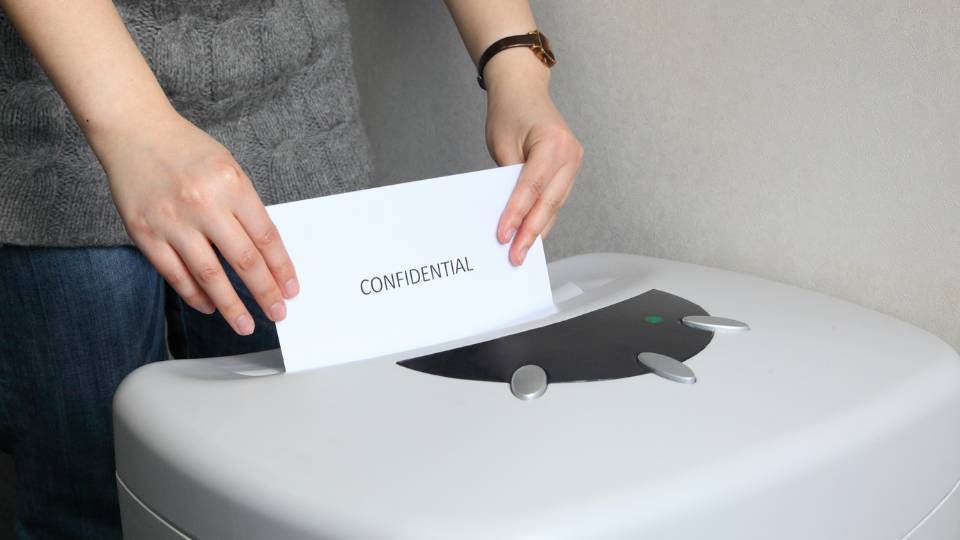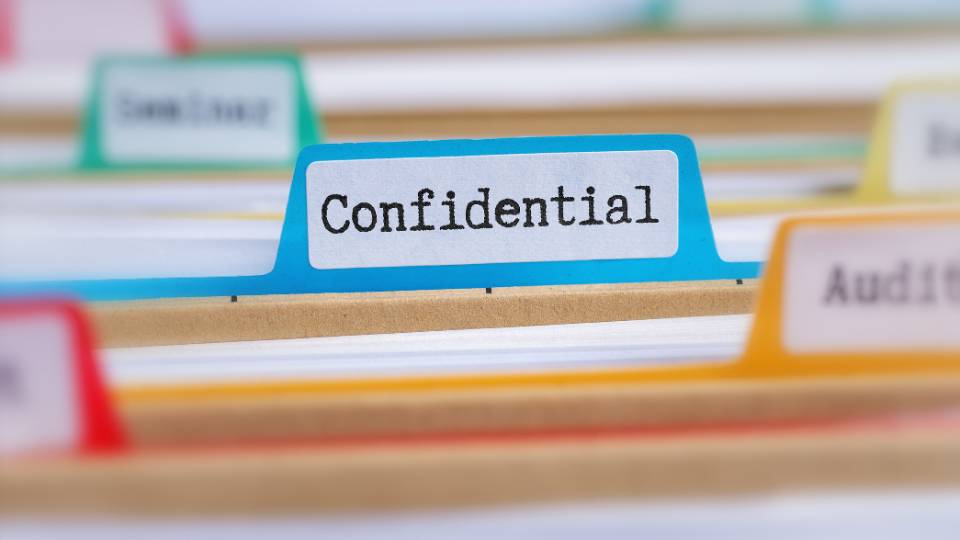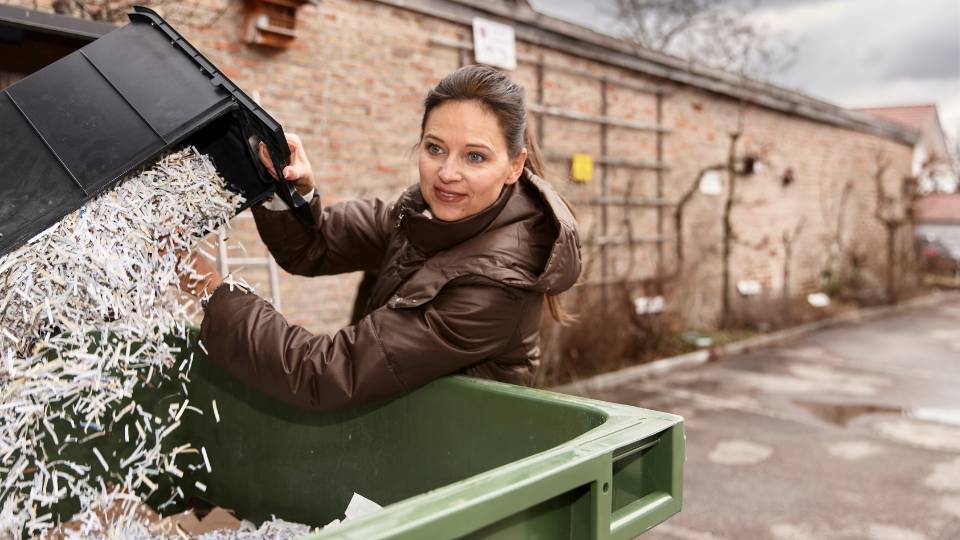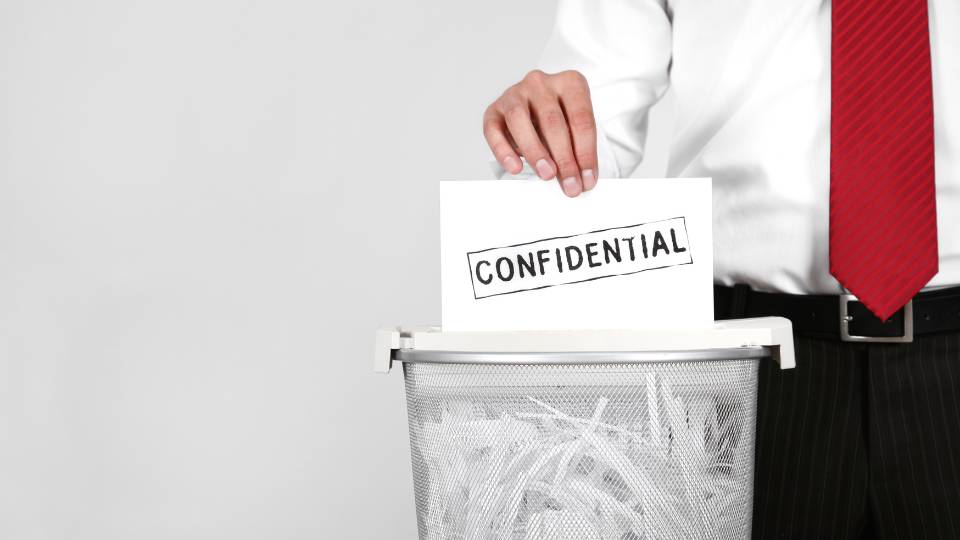
A Quick Summary:
- Safeguarding confidential information is crucial in the digital age to mitigate data breaches and ensure compliance with regulations.
- Educating staff on proper handling and disposal of confidential waste is essential for UK businesses.
- This blog offers tips including creating clear policies, conducting regular training, utilising secure disposal methods, and monitoring practices to enhance security measures.
In the digital age, safeguarding confidential information is more critical than ever.
For UK business owners, educating staff on how to handle confidential waste can significantly mitigate risks associated with data breaches and ensure compliance with data protection regulations.
This blog provides essential tips to help you effectively educate your team on managing confidential waste.
Table of Contents
- 1. The Importance of Proper Confidential Waste Disposal
- 2. Develop and Communicate Clear Policies on Confidential Waste
- 3. Regular Training and Awareness Programmes on Confidential Waste
- 4. Utilise Secure Confidential Waste Disposal Methods
- 5. Monitor and Review
- Conclusion

1. The Importance of Proper Confidential Waste Disposal
Proper disposal of confidential waste is crucial to protect your business from data breaches and identity theft.
Sensitive information, such as client data, financial records, and proprietary business information, can be exploited if not disposed of correctly.
Highlighting real-world consequences and legal ramifications can help underscore the importance of secure waste disposal to your staff.

2. Develop and Communicate Clear Policies on Confidential Waste
Create comprehensive policies that detail the procedures for handling, storing, and disposing of confidential waste.
Ensure these policies are easily accessible and communicated to all employees.
Key components of an effective policy include:
- Classification of Confidential Waste:
Define what constitutes confidential waste within your organisation.
- Disposal Methods:
Specify the approved methods for disposing of different types of confidential waste, such as shredding paper documents and securely deleting digital files.
- Employee Responsibilities: Clearly outline the roles and responsibilities of employees in managing confidential waste.

3. Regular Training and Awareness Programmes on Confidential Waste
Continuous education is vital in reinforcing the importance of handling confidential waste correctly.
Conduct regular training sessions to keep staff updated on best practices and any changes in policies or regulations.
Training can include:
- Workshops and Seminars:
Host sessions led by data protection experts.
- E-learning Modules:
Provide online courses that employees can complete at their own pace.
- Interactive Activities:
Engage employees with quizzes and scenarios to test their knowledge.

4. Utilise Secure Confidential Waste Disposal Methods
Ensure that your business uses secure methods for disposing of confidential waste.
For physical documents, invest in high-quality shredders or use professional shredding services.
For digital data, employ secure deletion software that permanently erases files.
Additionally, consider:
- Locked Disposal Bins:
Place secure bins throughout the workplace for collecting confidential documents awaiting disposal.
- Document Destruction Services:
Partner with certified companies that provide secure shredding and disposal services.
5. Monitor and Review
Regularly monitor and review your confidential waste management practices to ensure compliance and effectiveness.
Conduct audits to identify any potential weaknesses or areas for improvement.
Feedback from employees can also provide valuable insights into how policies and procedures can be enhanced.

Conclusion
By following these guidelines, UK business owners can create a culture of security and responsibility, ensuring that confidential waste is managed effectively and safely.







